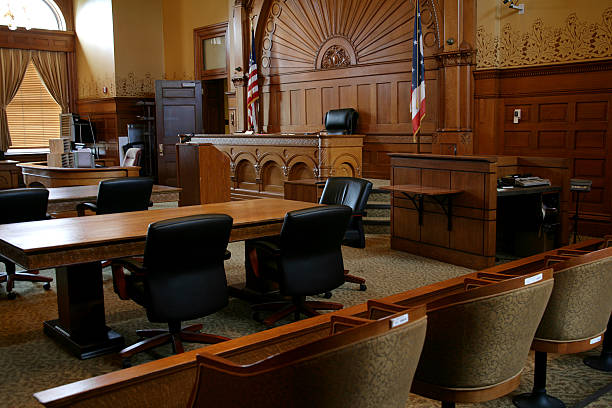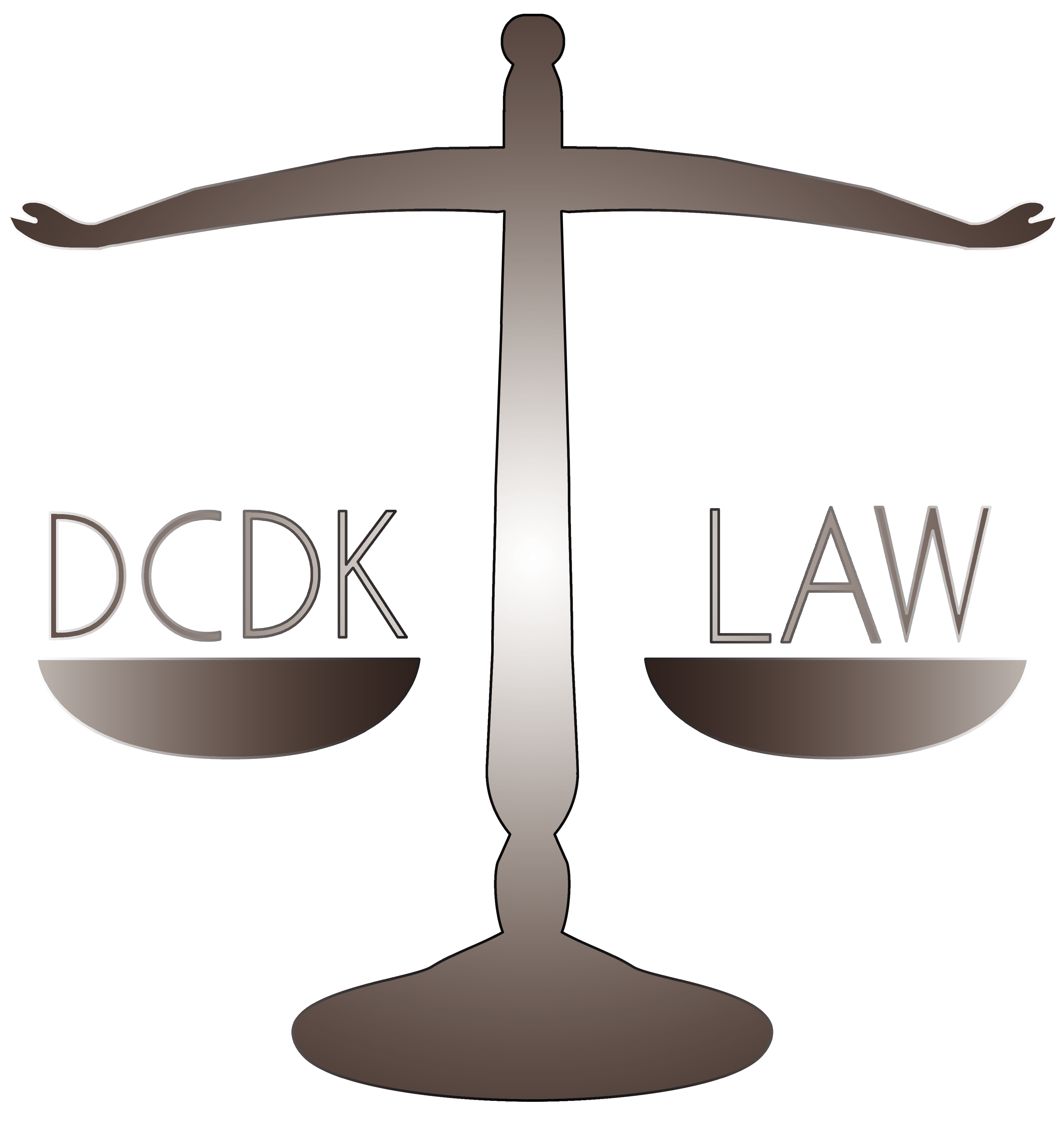The Defensive Asylum process can be complex and difficult to navigate. DCDK Law immigration law attorneys will represent you and win your case.
A defensive application for asylum occurs when you request asylum as a defense against removal from the U.S. This means that you are in removal proceedings in immigration court with the Executive Office for Immigration Review (EOIR).
Individuals are generally placed into defensive asylum processing in one of two ways:
- They are referred to an Immigration Judge by USCIS after they have been determined to be ineligible for asylum at the end of the affirmative asylum process; OR
- They are placed in removal proceedings because they:
Were apprehended in the United States or at a U.S. port of entry without proper legal documents or in violation of their immigration status; OR Were caught by U.S. Customs and Border Protection (CBP) trying to enter the United States without proper documentation, were placed in the expedited removal process, and were found to have a credible fear of persecution or torture by an Asylum Officer.
Immigration Judges hear defensive asylum cases in adversarial (courtroom-like) proceedings. The judge will hear arguments from both of the following parties:
- The individual (and his or her attorney); AND
- The U.S. Government, which is represented by an attorney from Immigration and Customs Enforcement (ICE)
The Immigration Judge then decides whether the individual is eligible for asylum. If found eligible, the Immigration Judge will order asylum to be granted. If found ineligible for asylum, the Immigration Judge will determine whether the individual is eligible for any other forms of relief from removal. Finally, if the Judge finds the immigrant ineligible for other forms of relief, the Judge will order the individual to be deported from the United States. The Immigration Judge’s decision can be appealed by either party.
DCDK Law has successfully represented people in Immigration Court and helped them get their legal status in the United States. We know this process can be difficult, so we represent our clients through each step from start to finish.
To schedule a consultation, please contact our office or email us for more information.

